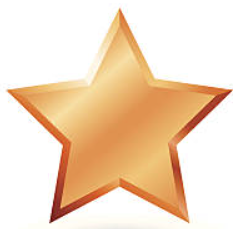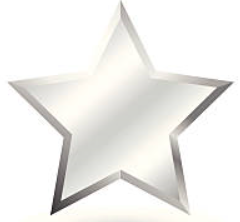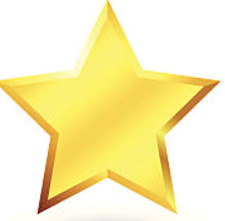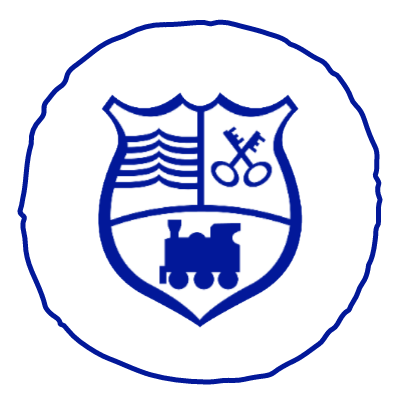Vocabulary
Vocabulary is important as it is closely connected with reading and writing. Children need to be able to understand words if they are to develop understanding of what they read.
Children learn words by hearing them and seeing them, so speaking and listening are important too. The more times they see and hear words, the more they can learn. Children are good at learning words, but they may need help. In school we will be doing lots to develop your child’s vocabulary. Therefore, working with the staff at Gunthorpe we can really give the children the best chance to learn words!
In the classroom your child will have topic specific vocabulary split into 3 sections: bronze, silver and gold.

Children have a thorough understanding of these words.
Every day spoken and written language for a child of their age.
Children have become familiar with this vocabulary through prior teaching.

Really useful words!
Likely to be encountered again in reading and in oral language.
Words that are very topic specific by are core to the topic.

Less likely to be encountered again in reading or oral language.
Words that are particularly topic specific, and are not core to the topic.
The STAR words are displayed around the classroom and knowledge organisers, they are also available on Dojo and on the school website.
Ways to support your child:
- Have fun with words – Regularly play word games to build an interest in words but also to strengthen your child’s word-learning skills.
- Talk with your child! – Children learn words best if they hear them as well as read them, so talk about words as well as thinking about reading.
- When talking about words use comments more than questions – Use the words in a sentence and try not to say “What does that mean?” as your child needs to hear the word lots of times first before he/she can define it.
Word games to play at home
- Treasure hunt – When outside go looking for things such as: objects that can be described by a particular word (e.g. shiny objects) or categories (e.g. plants, things that need electricity…)
- Category call out – Think of a category such as ‘things with wheels’ ‘things that are blue’. See how many things you can name in that category.
- I spy – Please the traditional ‘I spy…’ game with a twist. E.g. ‘I spy my little eye something beginning with… (letter)’ or give it a category ‘I spy with my little eye something coloured red’.
- Alphabet game – Start with ‘a’. Each player names something or spots something beginning with ‘a’, when everyone has named something move onto b, c… until z.
- Letter and category game – Choose a category; it might be clothes, food or sports. Then choose a letter. See how many words you can think of from that category that start with the target letter.
Please refer to the Vocabulary Policy attached below.


